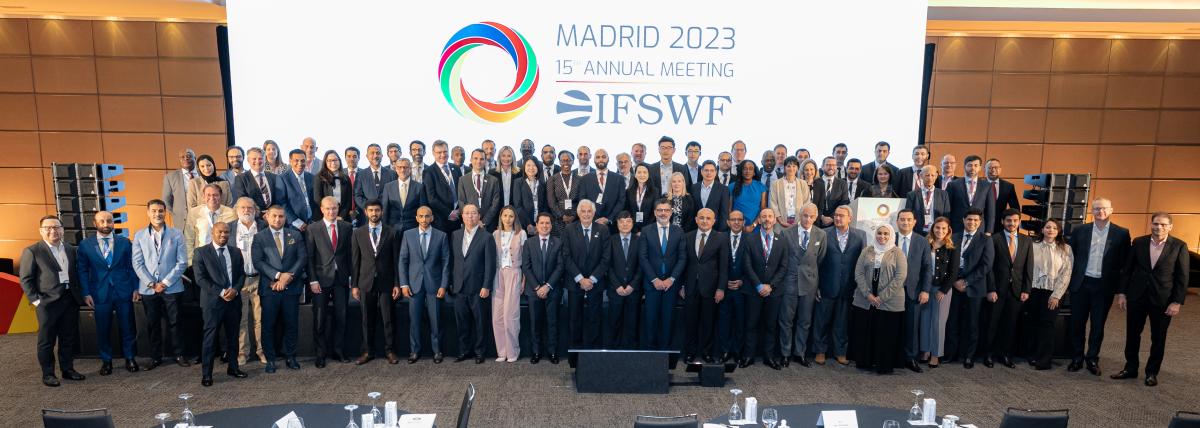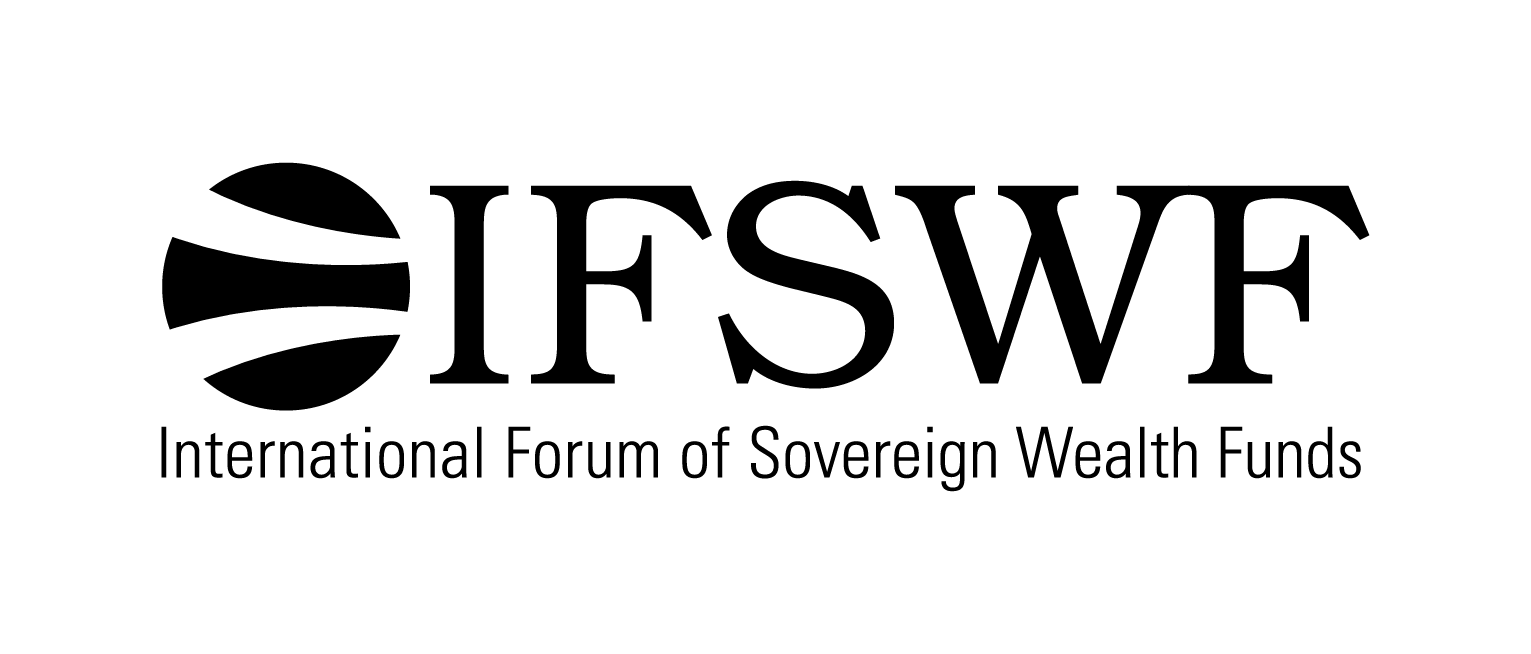
Last week, COFIDES hosted our 2023 annual meeting in Madrid. The event convened over 200 people from 45 sovereign investors, multilateral institutions, universities, IFSWF partners and officials from the Spanish government. The discussions were wide-ranging, encompassing topics as diverse as the energy transition, the application of machine learning, cybersecurity and artificial intelligence, risk management and investment strategy, execution and decision-making. However, good governance continues to be a fundamental thread linking all these themes and came up in almost every discussion.
It has not escaped our notice that fifteen years ago next Wednesday (11 October), HE Hamad al Suwaidi, who co-chaired the International Working Group of Sovereign Wealth Funds, convened by the International Monetary Fund (IMF), formally introduced the Generally Accepted Principles and Practices or Santiago Principles during the IMF and World Bank Group annual meetings in Santiago, Chile.
The announcement capped a year that achieved the Herculean task of organising, studying, coordinating, and negotiating between representatives from diverse multilateral institutions, major economies, and global state-owned investors to define a baseline of sovereign wealth fund governing principles and practices. These hard-negotiated norms warranted that sovereign wealth funds developed robust governance structures, improved transparency, ensured compliance with regulatory disclosure requirements, and invested solely based on economic and financial risk and return. The aim was to maintain a stable global financial system and the free flow of capital.
Five months after the Principles were promulgated, the 26 sovereign wealth funds involved in their drafting signed the Kuwait Declaration to become the International Forum of Sovereign Wealth Funds and pledged to implement the Santiago Principles and undertake a process of regular review of how they are applied.
In the intervening years, much has changed. The IFSWF is now a not-for-profit company owned by its members and operated by the Secretariat solely for their benefit. As sovereign wealth funds evolve, the IFSWF adapts to remain relevant and valuable to members. For example, in 2013, the Board admitted state-owned investors with a solely domestic mandate as long as they agreed to implement the Santiago Principles. As of September 2023, we have 48 members. We have moved to a triennial process of self-assessments of implementing the Principles and publish these on our website. A self-assessment demonstrating that a sovereign fund’s governance investment and risk-management practices align with the Principles is also essential to a new membership application, which the Board reviews before admitting (or rejecting) a new full member.
Finally, there is an ongoing dialogue between the membership, the Board and the Secretariat about the relevance of the Santiago Principles. We carried out the last formal review in 2019 following a robust discussion at our 2018 annual meeting led by several major players in the drafting of the Santiago Principles: JIN Liqun, formerly the Chairman of the Board of Supervisors of the China Investment Corporation, Dr Mahmoud AA Mahmoud, then Director of Legal Affairs at the Kuwait Investment Authority and Udaibir Das then Division Chief, Monetary and Capital Markets Department at the IMF. At this year’s annual meeting, our members agreed that we should have another strategy review to revisit this topic, among several others, to ensure that the Principles remain relevant and serve the needs of our members and their owners.
The conversations underlined that, given the diversity of SWFs and their mandates, implementing good governance for sovereign wealth funds requires localisation. Each institution needs to understand the nuances of the government as its client and have effective – and ongoing – communications with all stakeholders to build trust and legitimacy. One size does not fit all, and this is why the Santiago Principles – as a principles-based system – remain a relevant and meaningful tool for helping guide new and established sovereign wealth funds to strengthen their governance structures and improve transparency. However, local law, to which the Principles are subordinate, may mandate or prohibit certain disclosures. As such, normative judgements about sovereign wealth funds’ implementation of the Santiago Principles are neither relevant nor instructive, and this is why the IFSWF continues to encourage greater disclosure in line with local law through the self-assessment process.
Sovereign wealth funds are also becoming increasingly professional organisations, competing effectively alongside private-sector counterparts on world markets. However, the experience of the IFSWF, from its very inception, suggests that markets will always be sceptical about the presence of state capital. As such, particularly in the current geopolitical environment, there is greater scrutiny of the governance of sovereign wealth funds and the professionalism of their investment teams. Sovereign wealth funds have written and adopted the Santiago Principles to ensure their capacity as global investors. The consistency of this implementation is what provides certainty for third parties and has enabled the Principles to enter the realms of so-called soft law.
What became clear from our discussions is that good governance is a work in progress, and a culture of good governance has to be built. The Santiago Principles are a compass to guide our members in this process. They have been broad enough to help a wide range of institutions, including international investors and domestically focused funds, for which they were not initially written, improve their governance processes and disclosure. Our members continue to drive a review process to reassess the Principles’ relevance to ensure they remain fit for purpose for the next 15 years and beyond.

